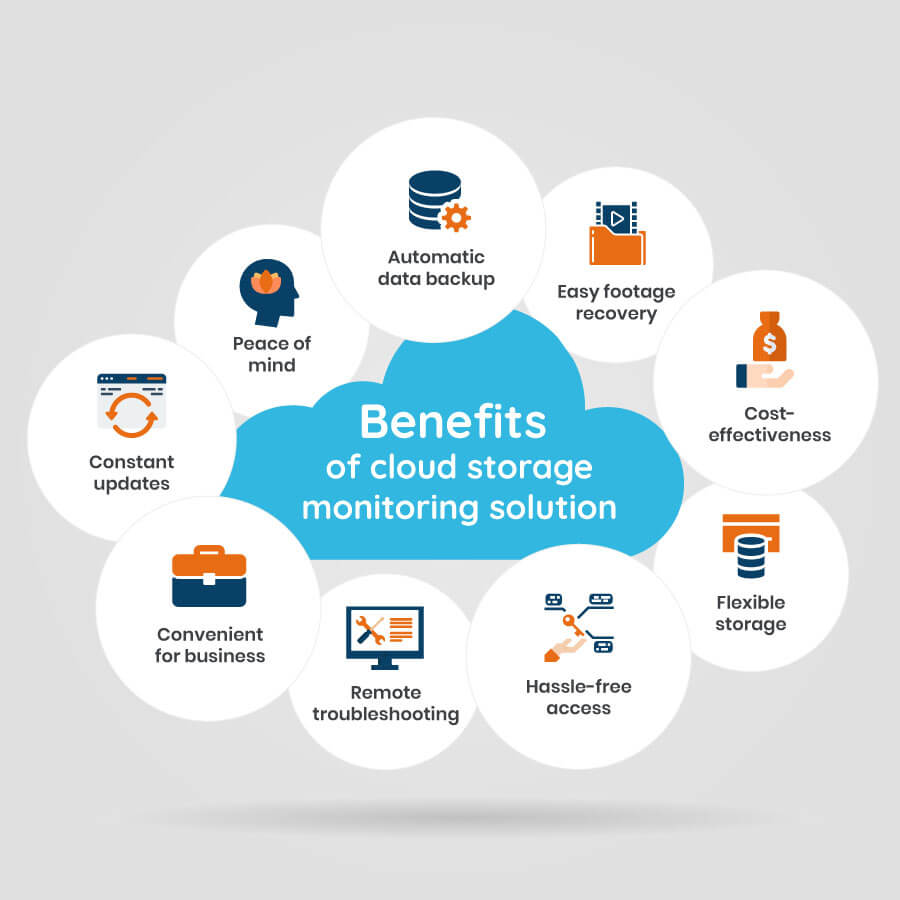Transform Your IT Facilities With Universal Cloud Services
In today's swiftly developing digital landscape, the shift towards global cloud solutions has become a calculated imperative for organizations looking to enhance their IT facilities. The capacity to enhance procedures, enhance scalability, and improve general effectiveness through cloud movement is undeniable. The actual question lies in just how these services can be customized to deal with the unique requirements and obstacles encountered by various businesses. By checking out the nuanced methods which universal cloud services can be personalized and incorporated, organizations can really open their complete possibility in achieving electronic improvement and affordable benefit in the marketplace.
Advantages of Universal Cloud Solutions
One vital advantage is cost-efficiency, as cloud services remove the demand for upfront investments in hardware and infrastructure. In addition, cloud services offer versatility and access, enabling employees to access data and applications from anywhere with a web link.
Moreover, global cloud solutions offer improved security measures, with information security, normal back-ups, and integrated catastrophe healing mechanisms. This guarantees that business-critical information is safeguarded from potential threats and violations. Cloud services enable automated updates and upkeep, lowering the problem on internal IT groups and making sure that systems are always up-to-date and running efficiently. Generally, embracing global cloud services can cause increased efficiency, dexterity, and competitiveness for businesses in today's electronic age.
Migration to Cloud Infrastructure
Moving to cloud infrastructure deals various benefits, including scalability, cost-efficiency, and enhanced dexterity. Cloud services eliminate the need for considerable in advance financial investments in physical equipment, minimizing resources expenses and enabling companies to pay only for the resources they use.
Another advantage of migrating to shadow framework is the boosted dexterity it supplies. Cloud platforms provide rapid deployment of services and applications, making it possible for organizations to adjust swiftly to market modifications and stay ahead of rivals. In addition, the cloud assists in remote accessibility to data and applications, cultivating cooperation amongst geographically spread groups.
Enhancing Information Safety Steps
One essential element of boosting data security is implementing multi-factor verification (MFA) to include an extra layer of protection beyond passwords. MFA needs customers to offer 2 or more confirmation elements, such as a password and an unique code sent to their mobile phone, prior to accessing delicate data. This significantly minimizes the risk of unauthorized accessibility, even if passwords are jeopardized.
Furthermore, companies should on a regular basis conduct safety audits and vulnerability assessments to recognize and deal with prospective weak points in their data safety framework - linkdaddy universal cloud storage press release. By staying positive and constantly boosting data safety and security procedures, companies can efficiently alleviate threats and safeguard their important info possessions in a significantly electronic world
Executing Cloud-Based Applications
In adapting to contemporary technical innovations, companies are significantly leveraging cloud-based applications to optimize their operations and enhance efficiency. Cloud-based applications provide a variety of advantages, consisting of adaptability, scalability, and cost-effectiveness. By applying cloud-based applications, organizations can simplify procedures, boost cooperation amongst teams, and improve overall productivity.

Additionally, implementing cloud-based applications can lead to far better data management and safety and security. These applications typically have integrated safety and security attributes and use data security to safeguard delicate information.
Maximizing Cost-Efficiency
To attain optimal cost-efficiency in leveraging cloud-based applications, companies must purposefully assess their source allotment and application. One essential approach for taking full advantage of cost-efficiency is to take on a pay-as-you-go model, where companies only pay for the sources and services they use. This versatility permits cost savings by removing the need to purchase pricey infrastructure that may not be completely made use of.

Regular tracking and optimization of cloud sources are crucial for identifying areas where cost-savings can be accomplished. By assessing use patterns and performance metrics, organizations can make informed decisions regarding resource allowance and more Continue simplify their procedures to make the most of cost-efficiency in the cloud.
Final Thought
Finally, global cloud solutions supply countless advantages such as cost-efficiency, flexibility, enhanced security measures, and automated updates. Migrating to cloud facilities makes it possible for companies to utilize cost-efficiency, dexterity, and scalability to stay competitive. Implementing durable information protection procedures and cloud-based applications additional improve data security and drive innovation. Making the most of cost-efficiency through pay-as-you-go designs, automated resource scaling, and optimization strategies ensures optimum use of cloud resources and overall price financial savings.
In addition, cloud services give flexibility and access, allowing staff members to access information and applications from anywhere with a net connection.Additionally, universal cloud services use better safety and security actions, with data file encryption, normal back-ups, and built-in catastrophe recuperation mechanisms. Cloud platforms use quick deployment of services and applications, making it possible for businesses to adapt swiftly to market adjustments and remain ahead of competitors. Furthermore, the cloud assists in remote accessibility to applications and data, fostering partnership amongst geographically spread groups.
In verdict, global cloud services offer various benefits such as cost-efficiency, versatility, improved security actions, and automated updates.